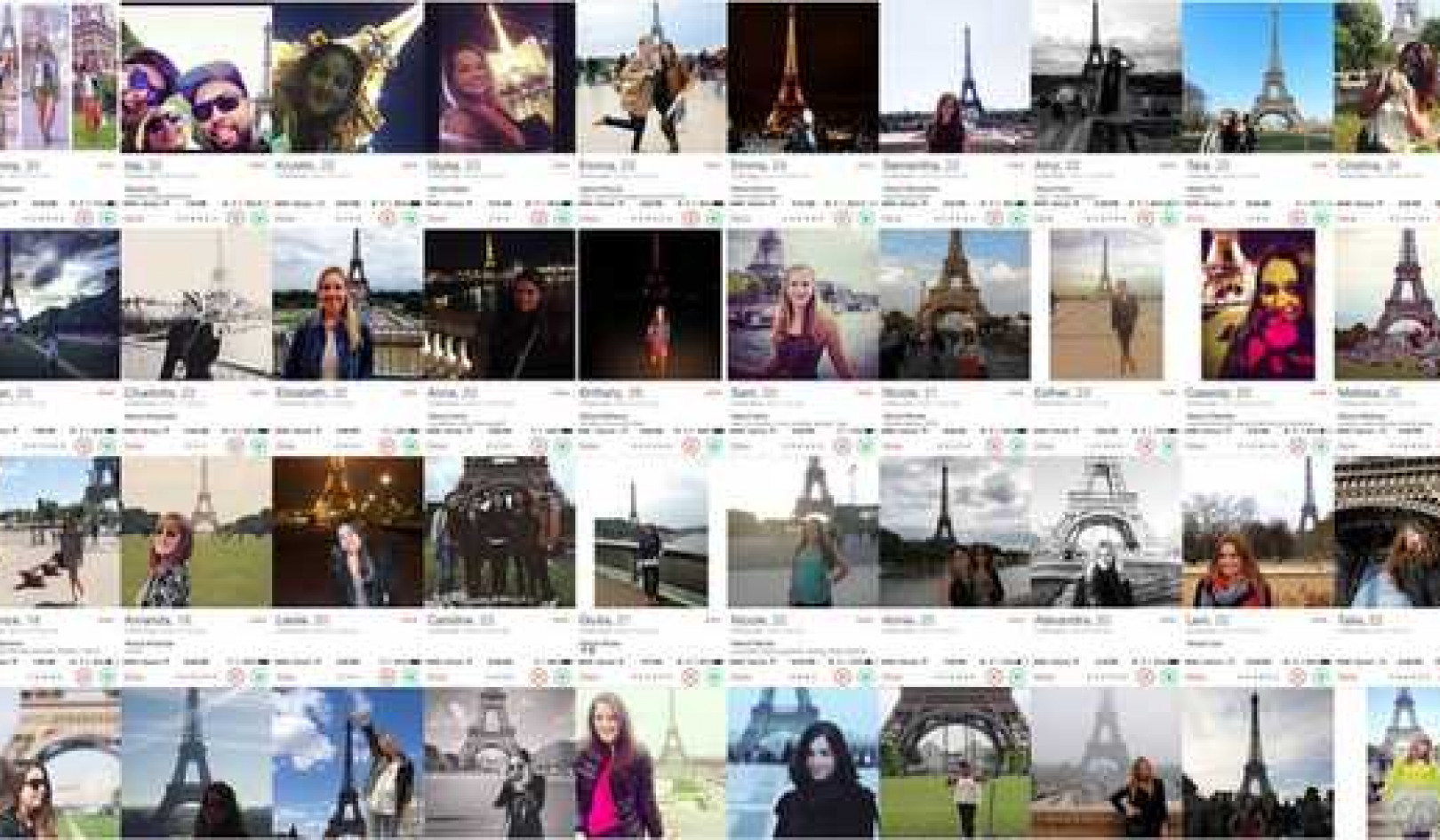
The American software consultant I interviewed told me about an exercise he did ages ago that has stayed with him his whole life. The participants in the workshop he was in were asked to write their own eulogy, then deliver it to the class, speaking about how they wanted to be remembered.
He was in his forties at the time, unmarried, with no children. He cannot recall exactly what he said about himself. “Something about being a person people can rely on, a problem solver, a friend. A good guy.”
What he does remember vividly is the difference between the eulogies given by those participants who had children and those who didn’t.
“As someone who had chosen to remain free from ties that bind, I was struck by everyone who was a father or mother having the primary focus of their eulogy be about their family, and especially being there for their children. The folks who had children didn’t mention much of their professional life, their personal growth, or their spiritual path. It was all about how their kids would view them, and how they wished first and foremost to be thought of as a good mom or dad.”
The experience still fascinates him, even now that he has, as he says, “inherited a whole tribe of parents, children, and grandchildren” through his primary relationship of over 15 years.
He was struck by the fact that people with families predominantly see themselves through the eyes of that relationship, deriving much of their value from how their offspring is doing, whilst those who do not have families and children have a very different way of seeing themselves, focusing more on their own growth and accomplishments, rather than on the people in their lives.
Top Five Regrets of the Dying
In 2009, Australian Bronnie Ware wrote a short blog post on what she had learned from people she cared for in their homes in the last weeks or months of their lives. As a result of bare-bones honest conversations at their bedsides, she had begun to see patterns of what people looked back on with misgivings and listed a "top five" of regrets of the dying.
The first regret, she wrote, was that people deplored having conformed to the expectations of others and not having been true to themselves. Many, she found, hadn’t realized half of their dreams. Now, with death on their doorstep, they became clear on how they had short-changed themselves all along.
The second most common regret she noted was one voiced mostly by men. They had come to realize that they had too often prioritized work over being with their wife and children.
Number three on her list was the heartache of people who hadn’t expressed their feelings because they had been afraid to upset the apple cart. They wished they had spoken up and clarified issues, instead of pretending these didn’t exist and leaving them to rumble like underground volcanoes.
Fourth, people wished they had stayed in touch with old friends. They regretted not having taken the time to get in touch around important life events and letting these friendships slip.
Finally, according to Bronnie Ware, people in her care felt sorry that they hadn’t let themselves be happier. She observed that only towards the end of their lives did many realize that being happy is an actual choice and they had allowed themselves to be hemmed in by social conventions and fear of change. They had been content but, ultimately, they would have liked to have laughed more, to have been lighthearted and let their hair down.
Her concise list went viral. Encouraged by this response, Bronnie Ware expanded her blog into a best-selling memoir, The Top Five Regrets of the Dying. (Read two excerpts from Bonnie Ware's book on InnerSelf.com)
No Regrets
“I was convinced that if I lost three pregnancies, my destiny in this life was not to have children, and I accepted it without regrets or pain or disappointment. I thought of adopting a homeless child, but the response from my family and friends was not supportive and I then helped that child to be adopted. Now that I am over sixty, I have no regrets for not having children, and I am happy because I have been able to use my time exploring and learning from other cultures. In this journey, I was able to help children by creating a school for them in a country where going to school was very difficult.” —Woman, 67, health and healing, Canada
Going down Bronnie Ware’s list, it would seem that those who have not gone the parenting way might have an easier time once we come to the end of our days. Many of us who chose to be childfree will have braved expectations of family and friends by not procreating and staying true to what was on our inner film reel. If children weren’t given, we will have made a conscious choice about what was important to us, what would give us a sense of purpose and meaning, and gone for it. We might have spent our life working, but not at the detriment of spending time with our children, so no regrets there.
Letting Ourselves Be Happy
I cannot speak to the point of having had the courage to address painful issues, but living an unconventional life anyway, I wouldn’t put it beyond us to have had the courage to speak up. If we didn’t, there might still be time. Also, many of us will have had ample time for friends and people, old and young, whom we met on the way and liked.
Finally, have we let ourselves be happy enough? In my survey, however unrepresentative, people without children proved to be “bizarrely happy”, as the researcher put it, regardless of their age. They weren’t waiting for the end of their days to experience joy and gratitude.
©2019 by Lisette Schuitemaker. All Rights Reserved.
Publisher: Findhorn Press, an imprint of
Inner Traditions Intl. www.innertraditions.com
Article Source
Childless Living: The Joys and Challenges of Life without Children
by Lisette Schuitemaker This book is for everyone who has not gone the way of parenthood, who has close family or friends who lead self-directed lives without offspring, and for all those who are still contemplating this essential life choice. The stories in this book also testify that not having children of your own in no way means the joys (and trials) of children pass you by altogether. This book shows that it is ok to celebrate not only the parenting way of life and the children who come to those who love them, but also those who are brave enough to follow the lesser known path of non-parenting. (Also available as an Audiobook and as a Kindle edition.)
This book is for everyone who has not gone the way of parenthood, who has close family or friends who lead self-directed lives without offspring, and for all those who are still contemplating this essential life choice. The stories in this book also testify that not having children of your own in no way means the joys (and trials) of children pass you by altogether. This book shows that it is ok to celebrate not only the parenting way of life and the children who come to those who love them, but also those who are brave enough to follow the lesser known path of non-parenting. (Also available as an Audiobook and as a Kindle edition.)
About the Author
 Lisette Schuitemaker founded, ran, and sold a communications company before becoming a healer, life coach, and personal development author. She studied the work of Wilhelm Reich as part of obtaining her BSc in Brennan Healing Science. She is the author of The Childhood Conclusions Fix and Childless Living and co-author of The Eldest Daughter Effect. Lisette lives and works in Amsterdam, Netherlands.
Lisette Schuitemaker founded, ran, and sold a communications company before becoming a healer, life coach, and personal development author. She studied the work of Wilhelm Reich as part of obtaining her BSc in Brennan Healing Science. She is the author of The Childhood Conclusions Fix and Childless Living and co-author of The Eldest Daughter Effect. Lisette lives and works in Amsterdam, Netherlands.

























